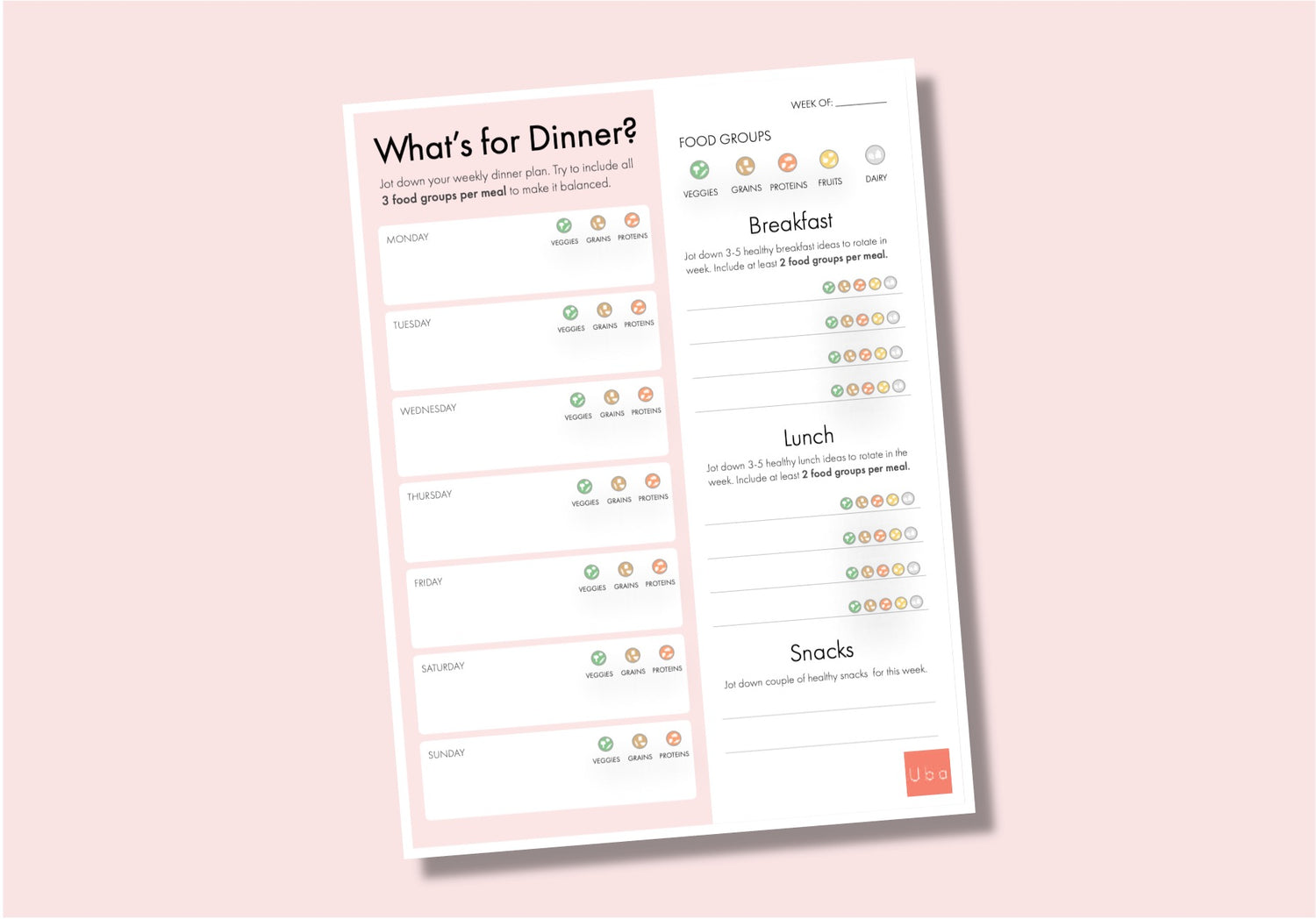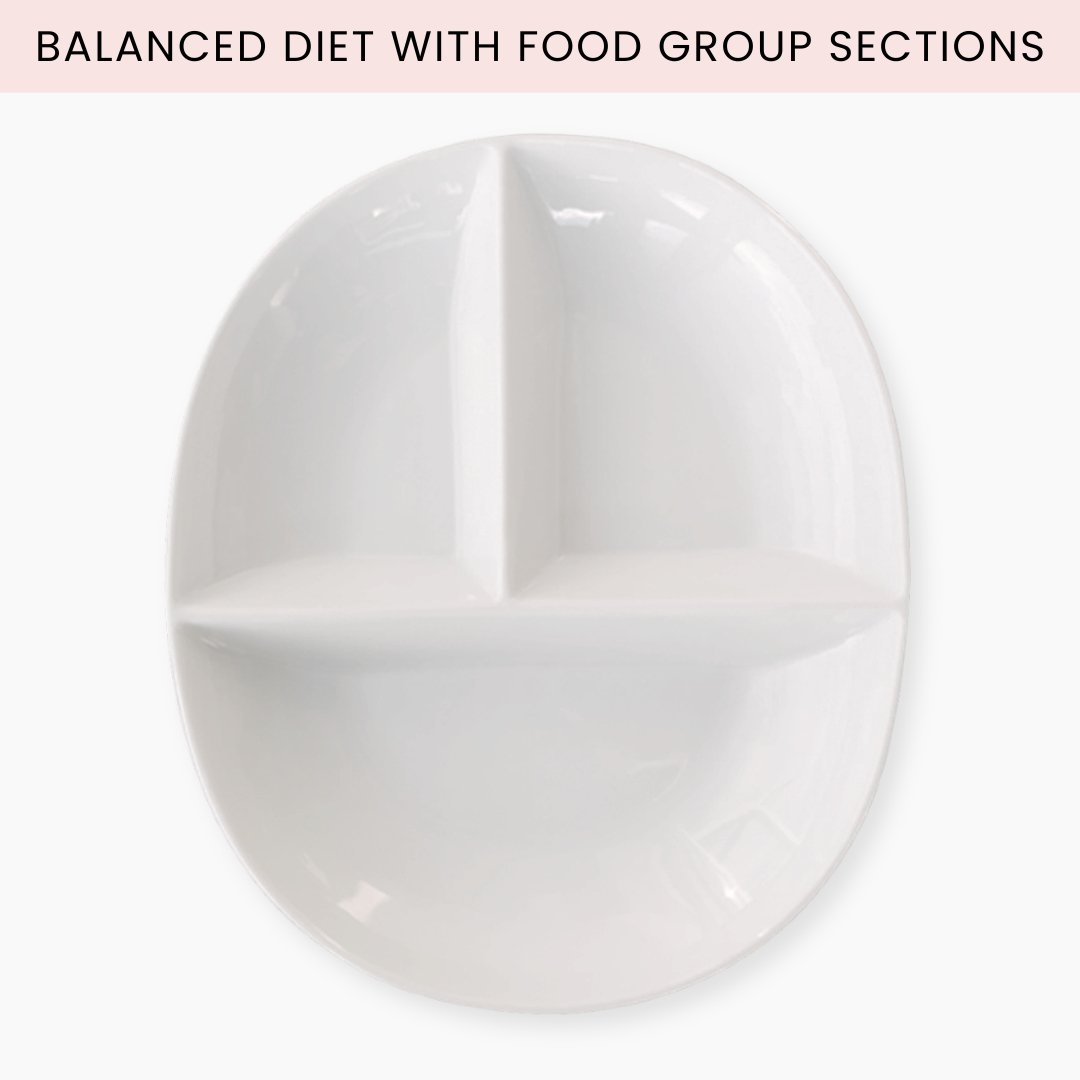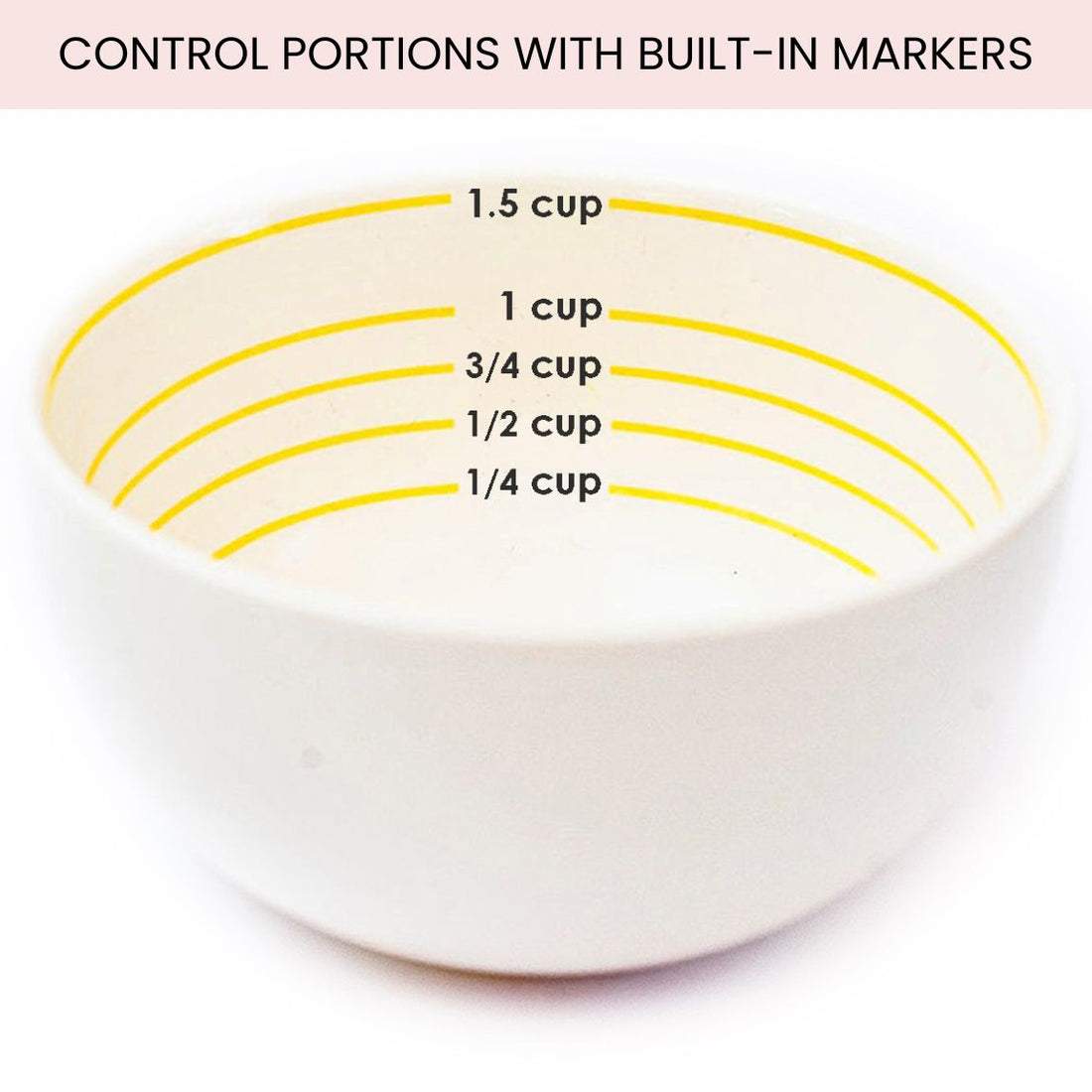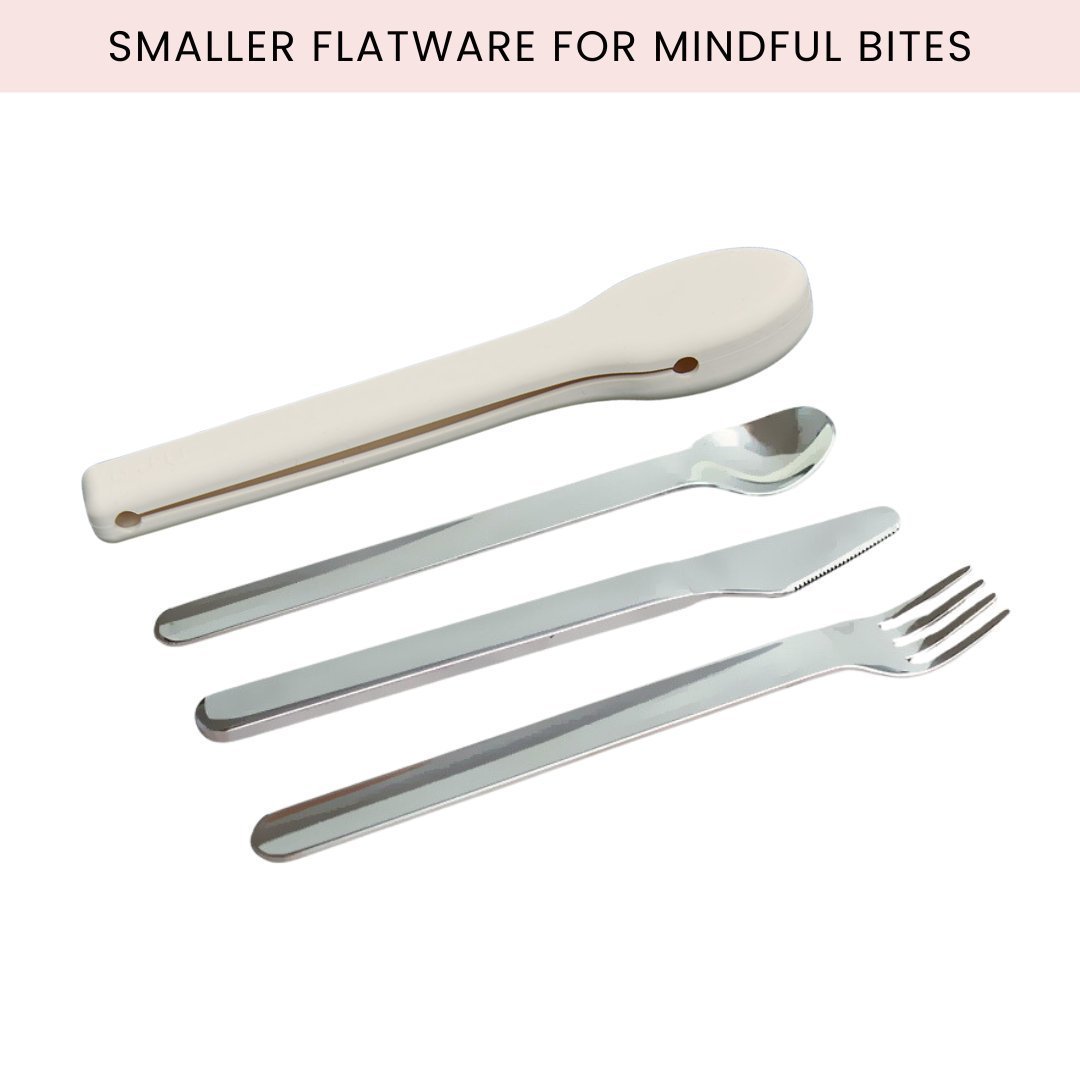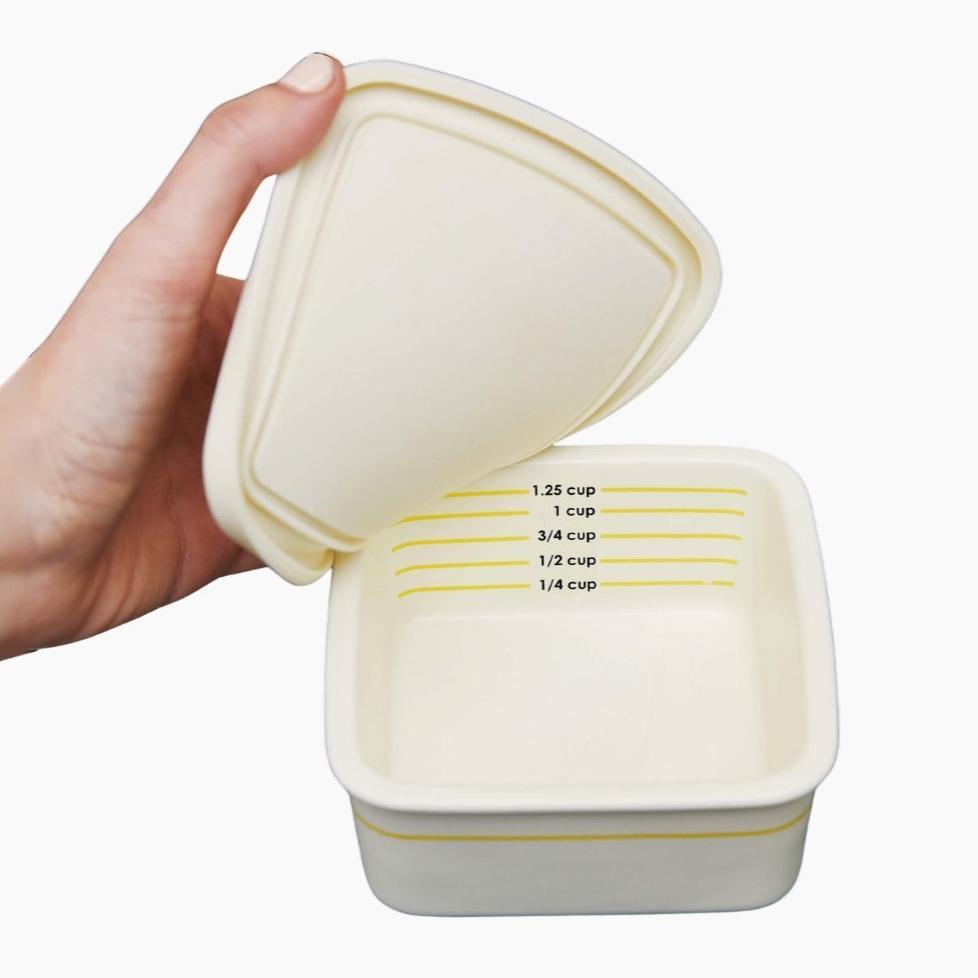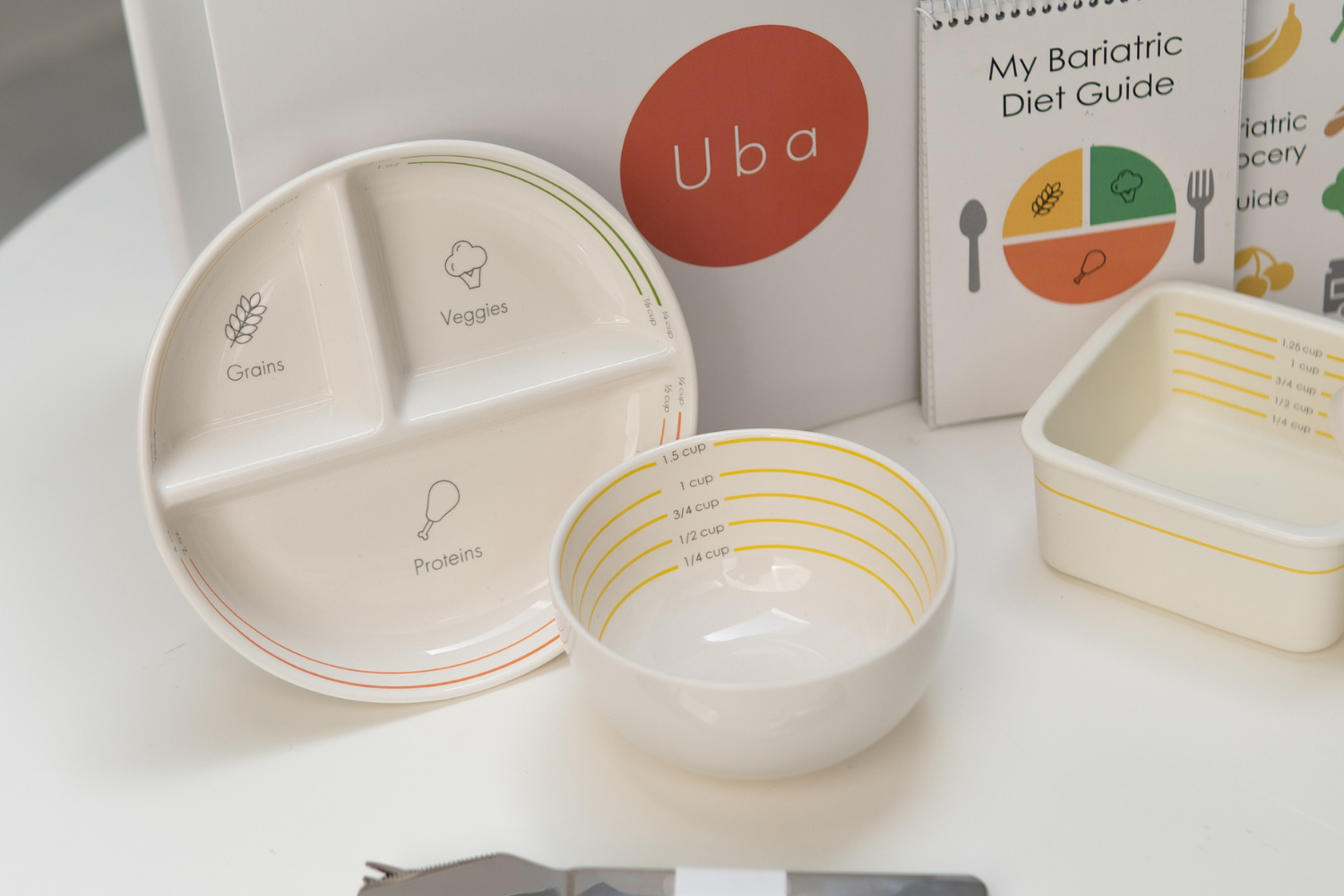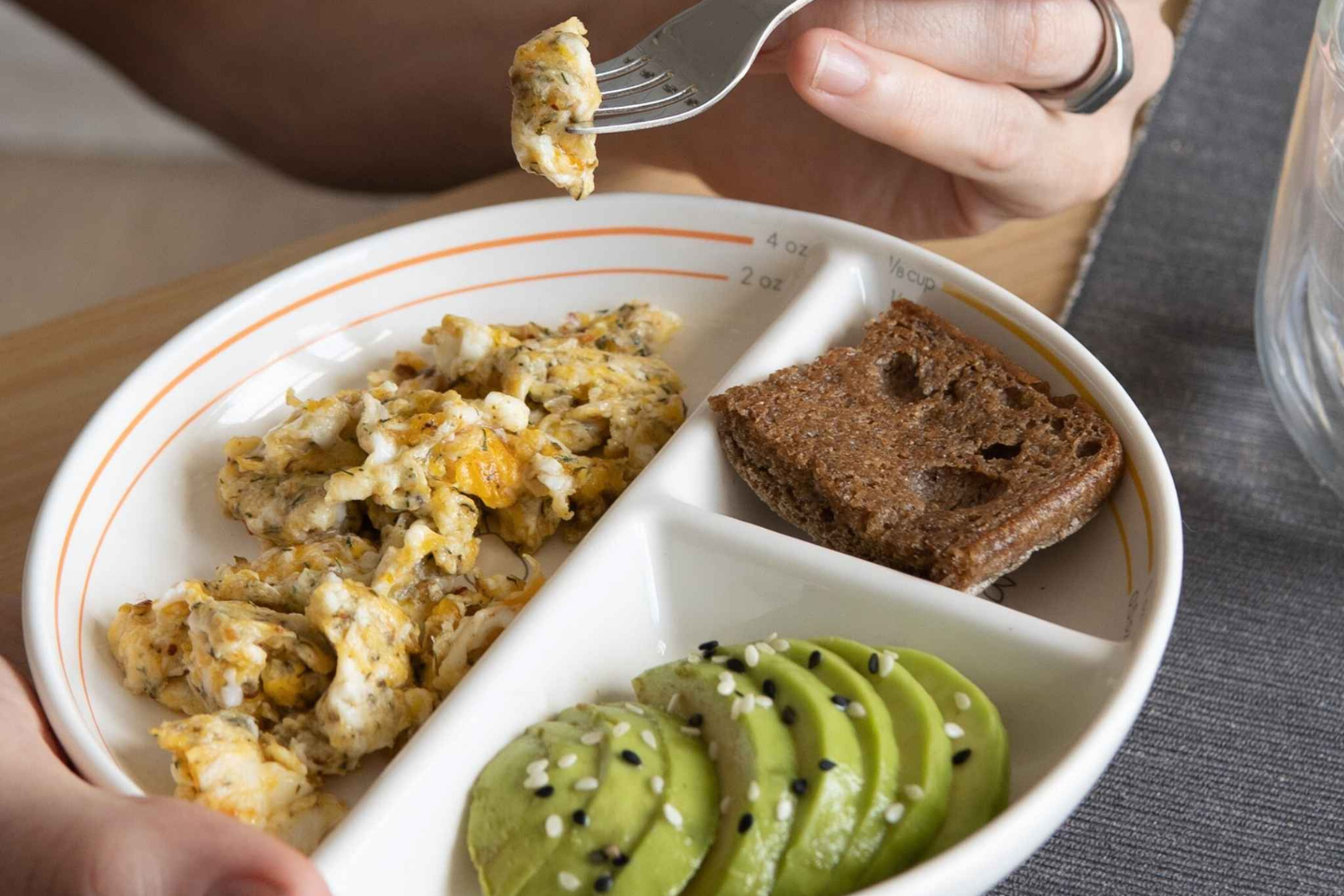Meal planning is essential for anyone who has undergone bariatric surgery. It ensures you stay on track with your diet, control portions, and maintain balanced nutrition. With a reduced stomach capacity, it’s critical to manage what and how much you eat.
By utilizing bariatric diet meal planning tools, such as Uba portion control containers and a bariatric grocery list, you can simplify meal prep and support your weight loss goals. This blog will guide you through the best meal planning tools that cater specifically to bariatric patients, helping you streamline your meals while sticking to your new dietary requirements.
Why Meal Planning is Crucial for Bariatric Patients
Bariatric surgery is life-changing, and so is your relationship with food. A well-structured meal plan helps ensure you’re eating the right portions, getting enough nutrients, and avoiding foods that can slow your progress. Here’s why meal planning is essential:
- Portion Control: Post-surgery, your stomach can only handle small portions, making portion control critical to prevent overeating.
- Consistency: Meal planning helps you stay consistent with your nutritional goals by ensuring you always have healthy, pre-portioned meals ready.
- Avoid Unhealthy Choices: By prepping meals in advance, you reduce the temptation to grab unhealthy or convenience foods that don’t align with your bariatric diet.
- Time and Stress Savings: Knowing what you’ll eat ahead of time saves you the stress of daily food decisions and cuts down on food prep time throughout the week.
For bariatric patients, meal planning isn’t just about managing food intake; it’s about building a sustainable routine that leads to long-term weight loss success. Now, let’s explore the tools that make this process easier.
1. Uba Portion Control Containers: Simplifying Meal Prep
After bariatric surgery, portion control is the foundation of a successful diet. The Uba Portion Control Containers are designed to help you measure out exact portions, ensuring that you’re eating the correct amount of food for your smaller stomach capacity. These containers come color-coded and pre-labeled to make meal prepping easier.

How Uba Portion Control Containers Work
Each container is specifically sized to correspond with the different food groups you need, such as proteins, veggies, and carbohydrates. These containers are great because they take the guesswork out of portion control.
- Protein Container: Sized to hold the right amount of lean protein for a post-bariatric diet.
- Vegetable Container: Ensures you get enough fiber-rich veggies without overdoing it.
- Carbohydrate Container: Controls your intake of healthy carbs, which should be consumed in moderation after surgery.
The beauty of these containers lies in their simplicity. You don’t have to worry about counting calories or tracking macros—just fill the appropriate container and you’re set. This makes meal prep quick and easy, while also making sure you stick to the proper portion sizes for each food group.
Benefits of Using Uba Portion Control Containers
Here’s why these containers are a must-have tool for bariatric meal planning:
- Easy to Use: Simply fill each container according to your meal plan, no need to measure or weigh your food.
- Time-Saving: Perfect for batch cooking and prepping meals for the entire week.
- Portability: These containers are portable, making them perfect for taking healthy meals to work or on the go.
- Prevents Overeating: Keeps you within the recommended portion sizes to prevent overeating and help with weight loss.
Whether you’re new to meal prep or have been doing it for a while, Uba Portion Control Containers are a valuable tool to add to your bariatric meal planning kit.
2. Uba Bariatric Grocery List: Planning Starts at the Store
One of the most challenging parts of meal planning is knowing what to buy. The Uba Bariatric Grocery List is specifically designed to help bariatric patients choose foods that align with their diet. This list makes grocery shopping easier by guiding you toward foods that are low in calories, high in protein, and bariatric-friendly.
Key Features of the Uba Bariatric Grocery List
The grocery list is divided into food groups to ensure you’re covering all your nutritional bases. It includes suggestions for:
- Proteins: Lean meats like chicken, turkey, and fish, as well as plant-based options like tofu and lentils.
- Vegetables: High-fiber, non-starchy vegetables like spinach, kale, broccoli, and cauliflower.
- Fruits: Low-sugar options like berries, apples, and pears.
- Dairy: Low-fat or fat-free dairy products like Greek yogurt and cottage cheese.
- Whole Grains: Quinoa, barley, and brown rice for complex carbohydrates in moderation.
The grocery list is particularly helpful because it eliminates guesswork when shopping for ingredients. With your meals planned ahead, you can ensure that you’re only buying what you need, avoiding impulse buys that might derail your progress.
How the Uba Grocery List Supports Weight Loss
Sticking to this list ensures that you are:
- Choosing Nutrient-Dense Foods: The list focuses on whole foods that provide vitamins, minerals, and nutrients essential for recovery and health.
- Avoiding Processed Foods: Processed snacks and sugary items are avoided, keeping you on track with healthy eating habits.
- Staying Within Calorie Limits: Foods on this list are typically low-calorie, helping you stick to your daily intake goals.
The Uba Bariatric Grocery List not only simplifies your shopping trips but also sets you up for success by ensuring that your kitchen is stocked with healthy, bariatric-friendly foods.
3. Meal Prep Strategies for Bariatric Success
Meal prepping is an effective way to stay on track with your bariatric diet. By preparing your meals in advance, you can ensure that you’re eating healthy, balanced meals without last-minute stress or unhealthy choices. Here are some meal prep strategies that work particularly well for bariatric patients:
1. Batch Cooking
Cooking in bulk is a great way to save time while sticking to your diet. Prepare large batches of lean proteins, roasted vegetables, and healthy carbs, then divide them into individual portions using your Uba Portion Control Containers. This way, you’ll have several meals ready to go for the week ahead.
2. Freeze Your Meals
If you have a busy schedule, freezing pre-portioned meals can be a lifesaver. Make soups, stews, or casseroles that are bariatric-friendly, and store them in your freezer for easy access when you’re short on time.
3. Pre-Pack Snacks
Healthy snacks are just as important as your main meals. Pre-pack bariatric-friendly snacks like Greek yogurt, hard-boiled eggs, or veggie sticks with hummus to ensure you always have a healthy option on hand.
Following these meal prep strategies can help you maintain control over your portions and ensure that you’re always prepared, even on the busiest days.

4. Additional Bariatric Meal Planning Tools
In addition to Uba Portion Control Containers and the Uba Bariatric Grocery List, here are some other meal planning tools that can help you on your bariatric journey:
- Food Journals: Tracking your food intake can help you stay accountable and make adjustments as needed.
- Meal Planning Apps: There are various apps that offer meal planning templates tailored to bariatric patients, helping you stick to your goals.
- Digital Food Scales: If you prefer precise measurements, a food scale can help ensure you’re eating the correct portion sizes.
These tools offer additional support, helping you maintain consistency with your meal plan and making it easier to stick to your diet.
Conclusion: Stay on Track with Bariatric Meal Planning Tools
Bariatric meal planning doesn’t have to be complicated. With the right tools like Uba Portion Control Containers, a carefully curated Uba Bariatric Grocery List, and effective meal prep strategies, you can simplify your meal planning process while staying on track with your weight loss goals. By using these tools, you’ll save time, reduce stress, and have the peace of mind that you’re nourishing your body properly after bariatric surgery. Remember, consistency is key – with the right planning tools in place, you’ll be well on your way to long-term success.


